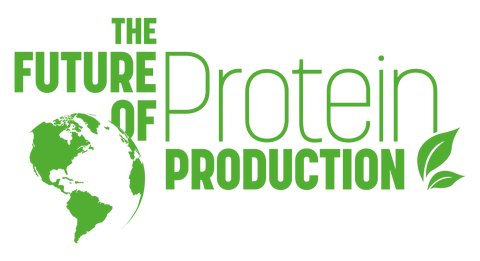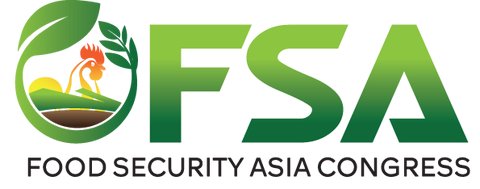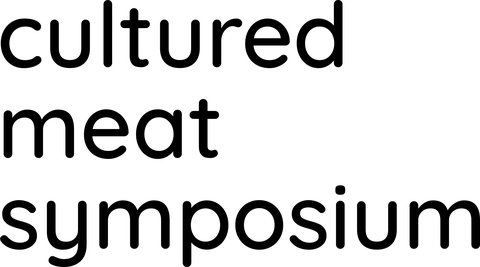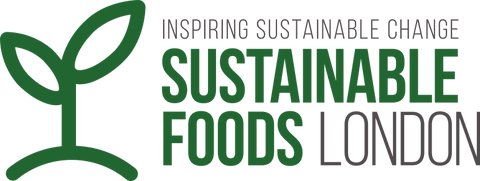Provenance Bio Announces Results for Recombinant Protein Demonstrating Cell Adhesion Functionality that Can Replace Animal-Derived Proteins
May 22, 2024 - 3 min read

San Diego, CA, May 22, 2024 - Provenance Bio, an alternative protein company, announced today that its hydroxylated type I collagen protein demonstrates proof of function by matching the cell adhesion strength of fibronectin, providing promising scalable and sustainable protein solutions across various sectors, including pharmaceuticals.
Microbial-based systems for protein production can make proteins at large manufacturing scales, however, functional animal proteins which undergo post translational modifications (PTMs), remain challenging to these expression systems. Provenance’s proprietary precision fermentation platform represents a major biotechnological achievement by enabling cost-effective, sustainable, and scalable recombinant solutions for high value markets. Moreover, and equally important, Provenance Bio’s full-length hydroxylated type I collagen protein demonstrates cell adhesion properties comparable to fibronectin, a principal protein used for cell culturing in research and development and pharmaceutical production.
Key Findings:
- Provenance Bio’s unique expression system produced hydroxylated, functional, and bioidentical collagen proteins
- Provenance’s hydroxylated collagen proteins promote cell adhesion at a strength equivalent to traditionally used fibronectin in cultured human fibroblast cells
- Provenance collagen also performs head-to-head with human collagen and fibronectin when coated on tissue culture plates demonstrating similar adherence and dissociation with fibroblast cells
- Provenance Bio’s collagen protein is being produced at an efficiency that will be cost competitive with animal proteins
This milestone demonstrates Provenance’s ability to aggressively compete with animal-derived proteins such as collagen and fibronectin for uses in pharma and other high-margin sectors today, while addressing ethical, financial and quality concerns associated with conventional extraction methods. The unique functional attributes of our collagen, as reflected in these results, will drive innovation and product development within massive pre-existing markets, such as tissue cell culture, cosmetics, cell therapies, food ingredients and manufacturing, leather, bioplastics and other biomaterials. - Michalyn Andrews, co-founder and CEO of Provenance Bio.
The global market for cell adhesion proteins is rapidly expanding, driven by innovations in cell therapies, cultured meat development, biomaterials, and animal-free products. Provenance Bio’s precision fermentation techniques have enabled the production of high-value recombinant collagen and gelatin at scale, positioning the company as a key player in the transition to sustainable protein solutions.
About Provenance Bio’s Precision Fermentation Platform
Provenance Bio utilizes a unique compartment within the microbial host cell to produce and modify recombinant animal protein without the use of any animal products. The system enables precise and high-yielding protein expression and post-translational modifications (the addition of certain functional groups to the protein, such as hydroxylation), for the production of bioactive proteins at scale. Additionally, the platform supports product customization to meet specifications such as protein length, bloom strength, and viscosity for a wide range of applications.
About Cell Adhesion Proteins
Cell adhesion proteins, part of the extracellular matrix (ECM), are essential to cell and tissue cultures which are widely used in the life sciences and biomedical research and development. These proteins, e.g. laminin, fibronectin, and collagen are used for coating the cell culture vessels to enhance cell attachment and to stimulate differentiation, migration, structural support and cellular communication, to ultimately mimic the natural behavior of the studied cells. According to Grand View Research Report, the global cell culture protein surface coatings market was valued at USD 826.5 million in 2022 and is expected to expand at a compound annual growth rate (CAGR) of 15.29% from 2023 to 2030. Stem cell therapy and regenerative medicine are two major fields that are driving the industry growth. Animal derived protein sources have dominated the global industry, however ethical views are driving demand for animal-free components.
About Provenance Bio
Provenance is an alternative protein company pioneering molecular biology tools for sustainable products. The company’s proprietary micro-compartmentalization protein expression platform represents the future of biomanufacturing.

















